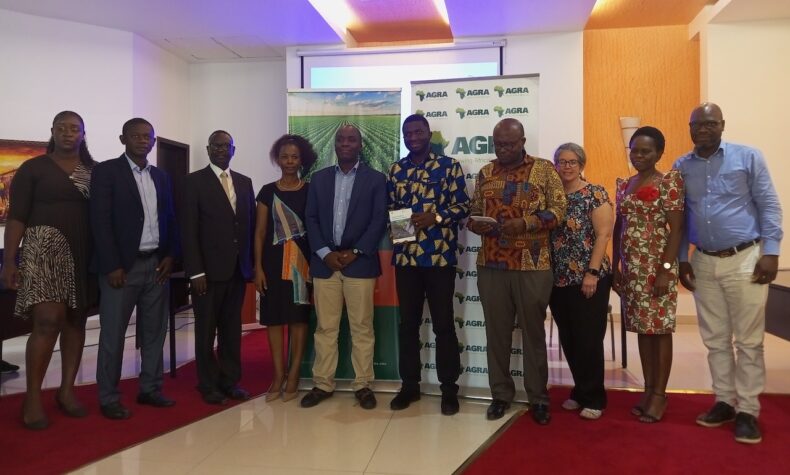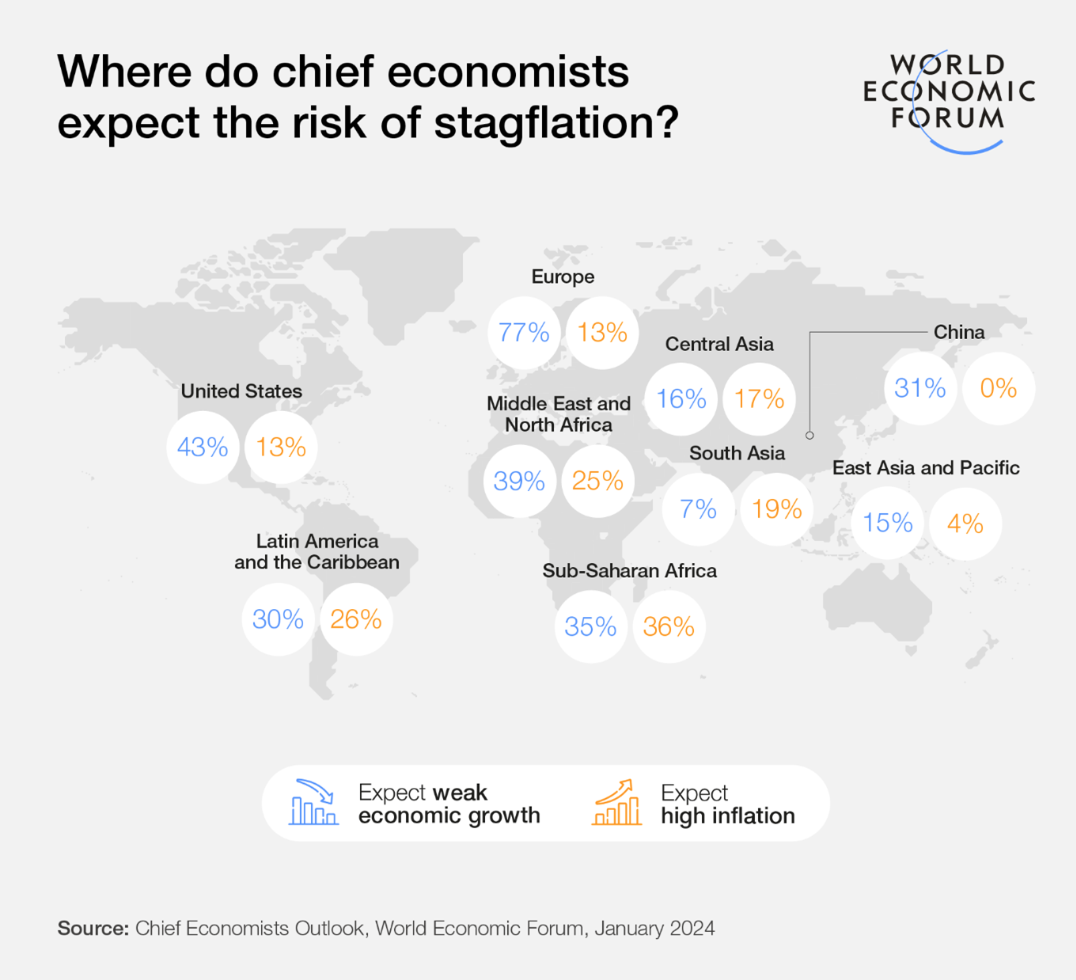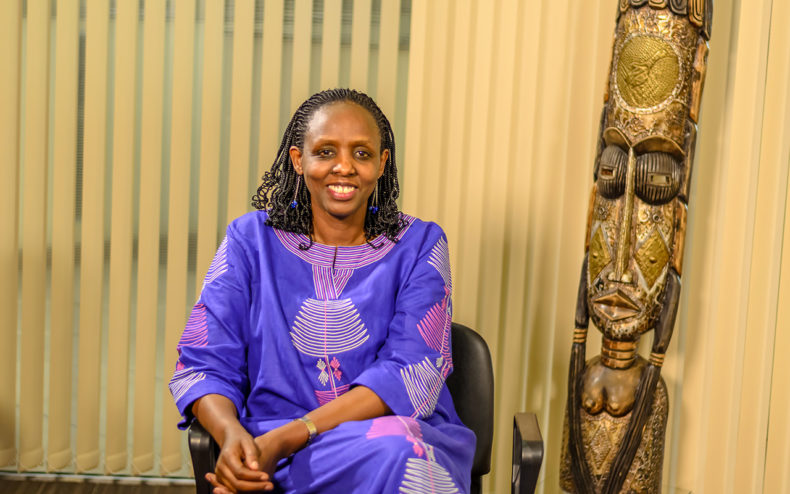AGRA hands over organic fertilizer guidelines to Ghana’s Ministry of Agriculture

As fertilizer costs rise, it is high time to promote the availability and increased use of quality organic alternatives. To help meet this challenge, on June 2, 2022, AGRA handed over guidelines for the production and distribution of organic fertilizers to Ghana’s Ministry of Food and Agriculture (MoFA). The guidelines were developed by AGRA, with funding from the United States Agency for International Development (USAID) at the request of MoFA’s Plant Protection and Regulatory Services Directorate (PPRSD).
The guidelines indicate the registration procedures and requirements for an entity to be classified as an organic fertilizer producer, the sampling and testing regime of organic fertilizers, and other ancillary guidelines for the sector. They are an important tool to be used by fertilizer inspectors and analysts for quality control as they assess the organic fertilizers that are distributed to farmers. These guidelines will help support balanced access to quality products by smallholder farmers in Ghana and export markets.
“The organic fertilizer guidelines will help us continue to raise awareness at both the industry and farm levels relative to the benefits of producing and using top quality inputs to transform not only the output market but the whole agriculture and food sector,” said AGRA’s Regional Head for West Africa, Lionel Kadja.
The organic fertilizer subsector in Ghana has been growing in the past few years with the setting up and operationalization of large-scale production plants in the Greater Accra and Ashanti regions. In addition, some small and medium-sized enterprises (SMEs) have been producing organic fertilizers for sale to farmers, feeding a growing demand that has now necessitated the need for regulation.
After receiving the guidelines, the next step for the MoFA, according to the PPRSD’s Director Eric Bentsil Quaye is to “initiate discussions on how the sector can position itself to make these products [organic fertilizers] more accessible to farmers at the right quality using the set benchmarks… bringing solutions to the current fertilizer demand and help improve our crop productivity.”
In his keynote address, Dr. Edward Yeboah, the Acting Director of the CSIR-Soil Research Institute, in Kumasi Ghana, recognized that uncontrolled soil nutrient mining was depriving Ghana and sub-Saharan Africa of critical food productivity opportunities. He added that the use of specific fertilizers (both organic and inorganic) coupled with other good farming practices are urgent to prevent the uncontrolled expansion of agricultural land, an unsustainable practice in the long run.
“If Ghanaian agriculture continues to be business as usual, the natural resource base – including land – will be at risk, and the implications are that the food requirement of the country cannot be met through domestic production. To avert this situation, there is a need for innovative management practices that contribute to improvement in soil fertility, productivity, incomes, and livelihoods of Ghanaians,” he said. He added “Many land users are already contributing to maintain and enhance soils’ carbon storage function through successful soil organic matter management, which ensures multiple benefits in terms of soil. Providing effective guidelines will be essential to regulating the industry with respect to the quality of organic fertilizer. The application rate of most organic fertilizers to specific crops is still a challenge.”
The handover ceremony was further used to create awareness around the current fertilizer crisis and the use of organic fertilizers for crop production, and to share alternatives of the plant nutrition in Ghana for the current and next year’s cropping season.
-ENDS
About AGRA
AGRA is a farmer-centered, African-led, partnerships-driven institution that is working to transforming smallholder farming from a solitary struggle to survive to a business that thrives. In collaboration with its partners—including African governments, researchers, development partners, the private sector, and civil society— AGRA’s work primarily focuses on smallholder farmers – men and women who typically cultivate staple crops on two hectares or less. AGRA is now recognized across the continent as a strong voice for African rural development, a prosperous agricultural economy, and for supporting thousands of small African businesses and millions of African families to improve agriculture to ensure food security and improve their livelihoods.
More information: https://agra.org ; Rebecca Weaver, rweaver@agra.org;


